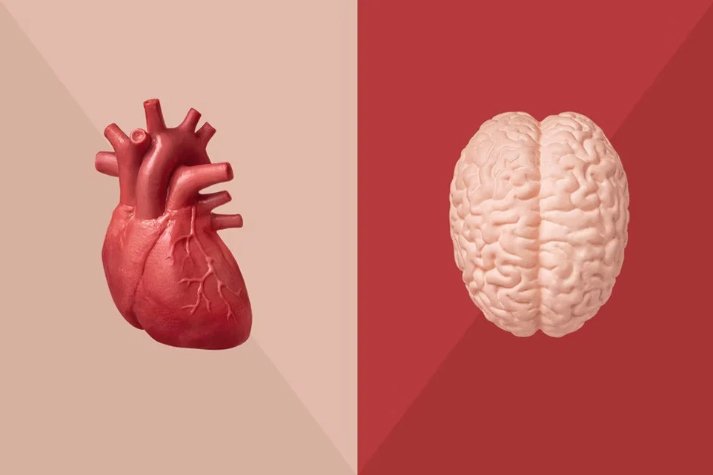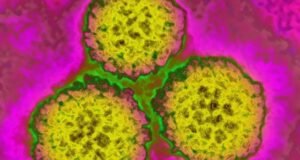
A recent study finds that the heart is not a passive organ, working on the signals relayed by brain, reports Hindustan Times.
The study says: “It seems like it has a little ‘brain’ too.”
The heart is a complex organ and holds many mysteries. Earlier, the heart’s nervous system was considered only as a relay system, acting upon the transmitted signals from the brain to monitor and regulate heartbeats. However, a study published in Nature Communications found that the complex neuron network in the heart does more than previously understood.
The study researchers from Karolinska Institutet in Sweden and Columbia University in New York called the heart’s internal nervous system the intracardiac nervous system. It has a much more active contribution beyond just controlling the heart rhythm. It was understood that the heart simply received instructions from the brain which in turn regulated the heartbeat.
However, this groundbreaking study showed that the heart’s nervous system is much more independent. It can generate its own rhythms and regulate itself beyond the brain’s instructions. The heart is more in control than previously understood. It’s almost like the heart has its ‘own little brain.’ The brain does not micromanage every part of the organ’s function.
Neuron mimicks pacemaker
The researchers examined zebrafish, whose hearts are strangely similar to human hearts in terms of structure and function. By focusing on a key area of the heart called the sinoatrial plexus (SAP), which acts as the heart’s pacemaker, the scientists uncovered a wide variety of neurons. These neurons communicate using several different neurotransmitters, such as acetylcholine, glutamate, and serotonin, indicating a level of local control over the heartbeat that was not fully understood before.
The researchers called it the most surprising part of their finding when they realised that the neurons in the heart had a pacemaker-like property. It creates rhythmic electrical patterns, which is very similar to how the brain and spinal cord control and coordinate movements like walking and breathing.
This indicates that the heart’s nervous system doesn’t just passively follow the brain’s commands. Instead, it actively participates in maintaining the heartbeat. This finding is significant as it opens up doors for medical treatment, especially for arrhythmias and other cardiac issues and further understanding of the heart’s function.
 Weekly Bangla Mirror | Bangla Mirror, Bangladeshi news in UK, bangla mirror news
Weekly Bangla Mirror | Bangla Mirror, Bangladeshi news in UK, bangla mirror news







